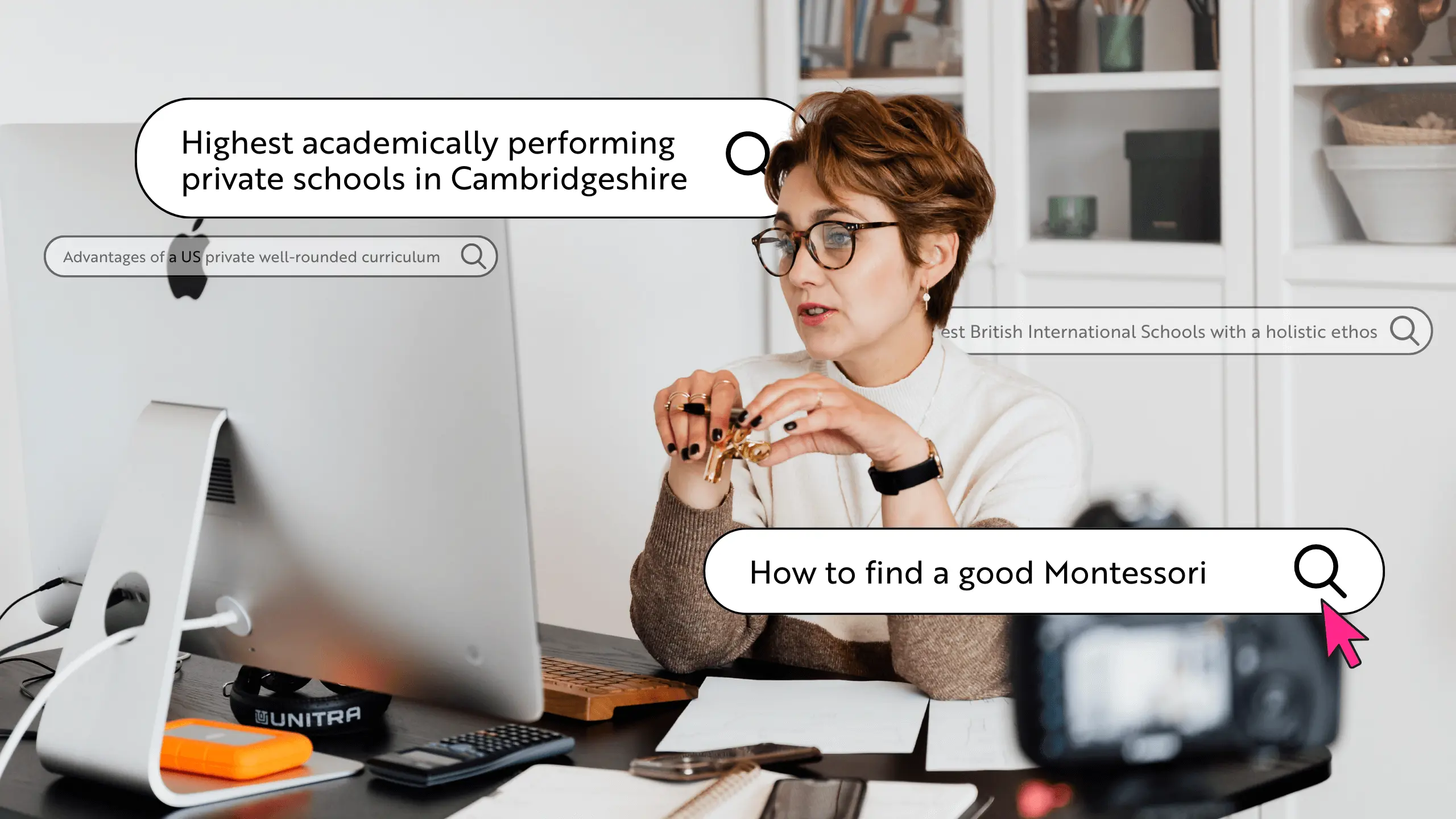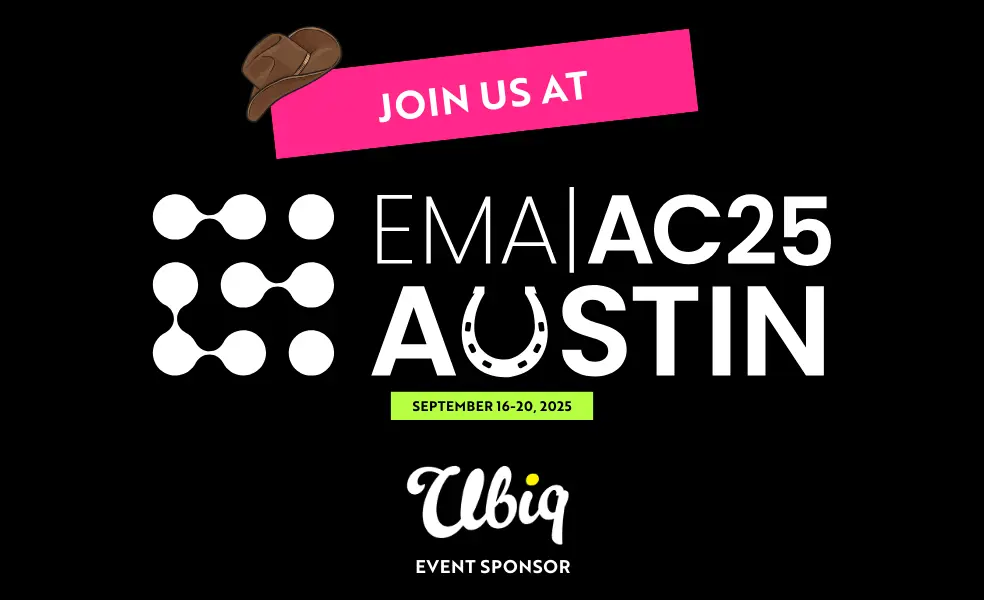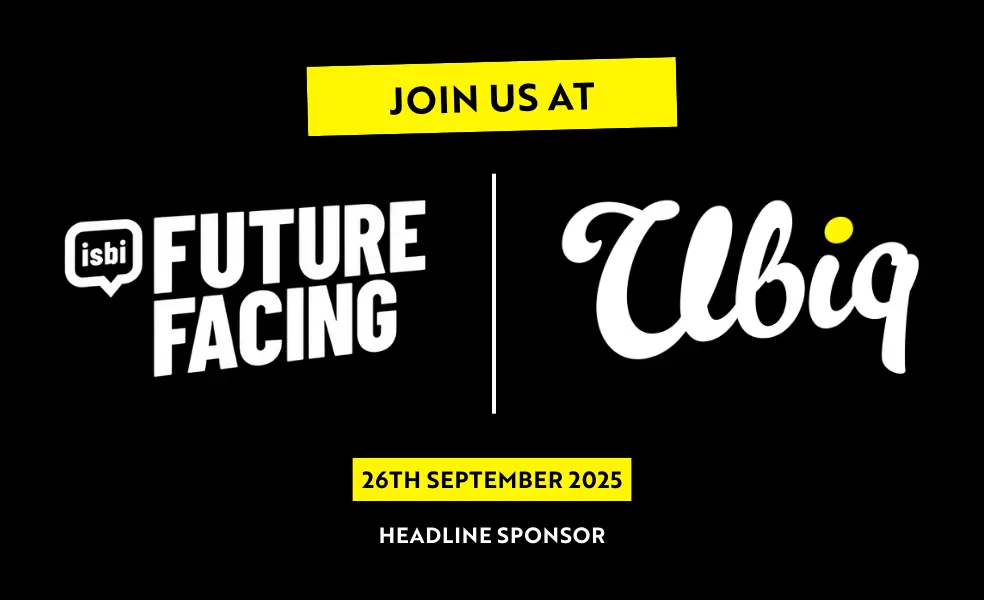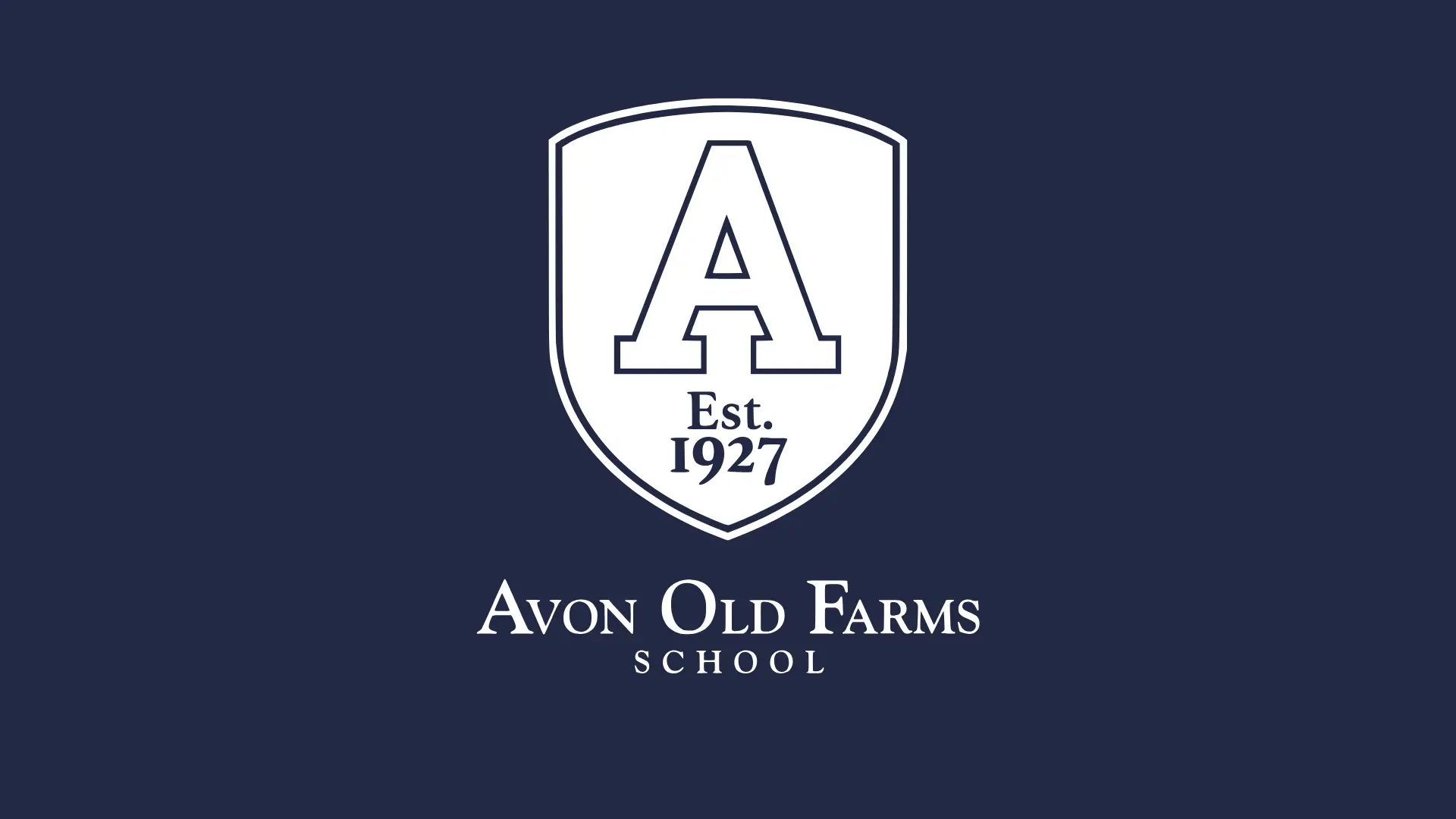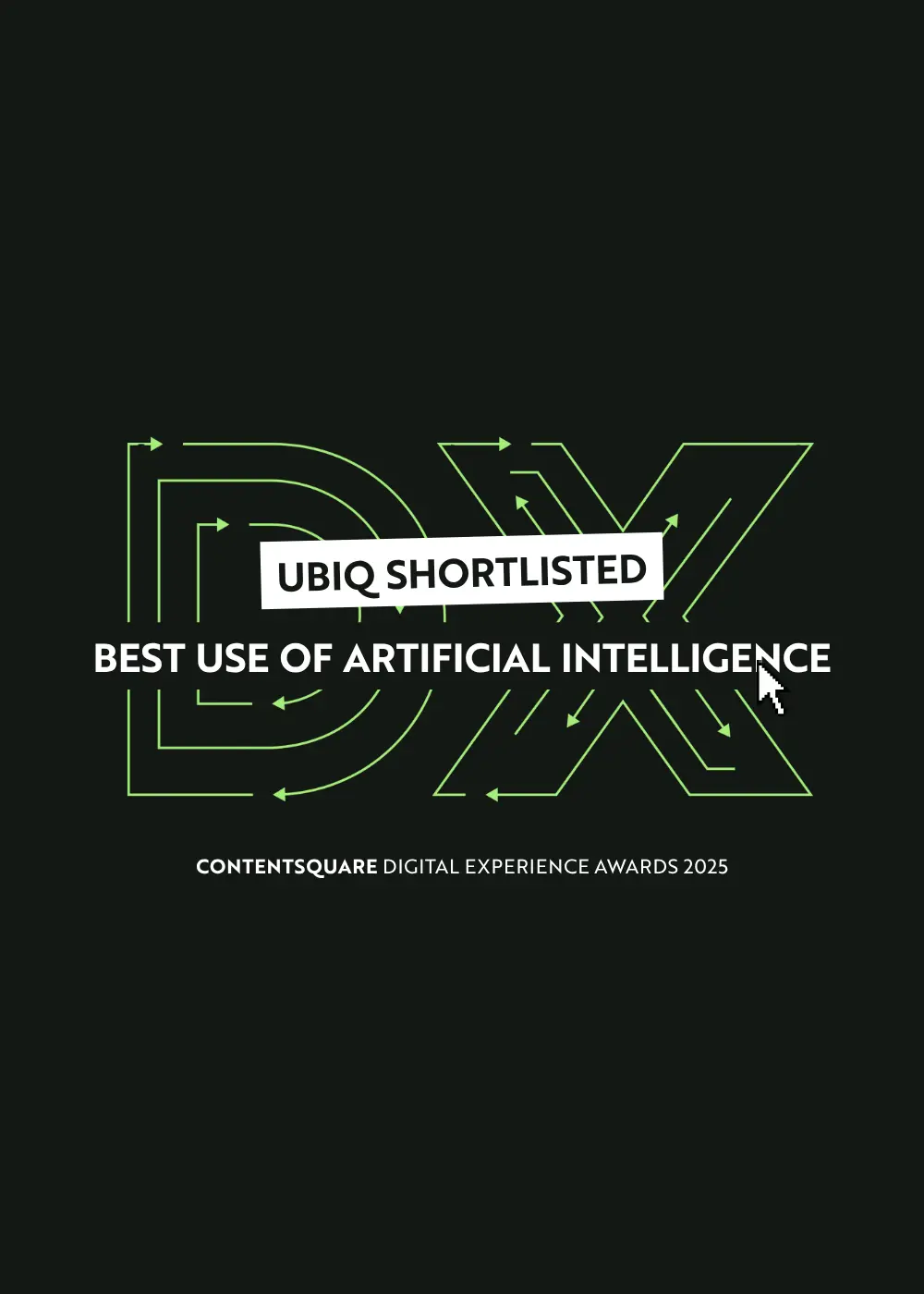Search is changing, and fast. For years, schools have poured energy into climbing Google rankings. But, with Google's dramatic loss of market share and the rise of generative AI, parents are now just as likely to ask ChatGPT “What’s the best school near me?” as they are to type it into Google.
This shift is both exciting and unsettling for school marketers around the world. It can be exciting, because it opens new doors for schools to be discovered. It's also unsettling, because AI doesn’t just read your website, it reads everything. If your school isn’t showing up in AI-generated answers, you risk disappearing from the very place where prospective families are making decisions.
That’s why, on Thursday 28 August, we hosted a special webinar, Get Listed on AI, with Maddie Lingard, Head of Marketing at UBIQ, and Brendan Schneider, Founder of SchneiderB Media. Together, we unpacked what AI means for school search and shared practical steps schools can take right now.
Here are five ways schools can win in the new search era, paired with short videos you can watch and share with your team.
In this blog:
- What is Generative Engine Optimization (GEO) and why does it matter for schools?
- How do I check if my school is already showing up in AI search?
- What kinds of questions do parents ask AI about schools?
- Where should schools be mentioned online to appear in AI results?
- Should schools be bolder when writing about themselves for AI?
- Final Thoughts
- Frequently Asked Questions
- Join our Next Webinar
What is Generative Engine Optimization (GEO) and why does it matter for schools?
Traditional SEO is about ranking for keywords on Google. GEO, or Generative Engine Optimization, is about being selected by AI tools like ChatGPT, Gemini, or Perplexity when they generate answers.
-
SEO = crawlers ranking pages.
-
GEO = AI synthesising and recommending schools.
If parents ask, “Best private schools in Pittsburgh?” SEO helps you rank on Google. GEO helps you appear directly in ChatGPT’s list. You need both. In the above video, Brendan explains GEO vs SEO, breaking down how AI search differs from traditional search.
How do I check if my school is already showing up in AI search?
Many schools don’t realise they can already see if AI tools are sending traffic.
-
Log into Google Analytics.
-
Go to Reports > Acquisition > Traffic acquisition.
-
Change the setting to Session source/medium.
-
Scan for entries like “chatgpt.com / referral” or “perplexity.ai / referral.”
If you see them, congratulations, AI is finding you. If not, it’s time to act. In the above clip, Brendan walks through using Google Analytics to track referrals from ChatGPT, Perplexity, Gemini, etc.
What kinds of questions do parents ask AI about schools?
Parents aren’t typing short phrases. They’re asking specific long-tail questions:
-
“Best school for sports in London”
-
“Which schools in Texas have strong STEM programs?”
-
“Top Montessori schools in Dubai”
To show up, schools need to write conversational content that directly answers these long-tail queries. Forget keyword stuffing (we've all been guilty of that at one point or another). Write as though you’re answering a parent over coffee.
Where should schools be mentioned online to appear in AI results?
AI reads beyond your website to make a decision. It scans forums, reviews, directories, and articles. That means your reputation on platforms like Mumsnet, Good Schools Guide, or expat forums really matters.
Encourage parents, alumni, and even local press to talk about your school. These “digital breadcrumbs” help AI build a stronger picture of your school’s credibility.
Should schools be bolder when writing about themselves for AI?
Many schools shy away from bold statements, preferring soft phrases. But AI rewards clarity and specificity.
Parents search for “best schools,” so if you’re not confident in your positioning, you won’t appear. The takeaway? Be authentic, but don’t be afraid to say you’re the best—in the areas you genuinely excel.
Final Thoughts
AI search isn’t a fad and it's here to stay. So, it's integral that schools consider how they will capitalize from this dramatic shift in consumer behaviour. By 2027, AI-driven queries are predicted to overtake traditional search. Schools that act now, optimising content, encouraging external mentions, and getting comfortable with GEO, will stay ahead of the curve. If you'd like to learn more, you can access the 60-minute full recording of the session below.
If you’d like to dive deeper, check out Amplify's article on GEO (Generative Engine Optimization), where we break down exactly how to start implementing these practices. And don’t miss our next webinar, where we’ll take on another big challenge live.
Frequently Asked Questions
| What is GEO and how is it different from SEO? |
|---|
| GEO (Generative Engine Optimization) is about optimising your digital presence so your school appears in AI-generated answers from tools like ChatGPT or Gemini. SEO, on the other hand, focuses on ranking in traditional search engines like Google. You now need both. |
| How can I check if my school already shows up in AI search? |
| Look at your Google Analytics under Reports > Acquisition > Traffic acquisition > Session source/medium. If you see referrals from sites like chatgpt.com or perplexity.ai, it means families are already finding you through AI search. |
| What types of questions do parents ask AI about schools? |
|
Parents tend to ask long-tail, conversational queries such as:
|
| Do mentions outside our website really make a difference? |
| Yes. AI pulls from the entire web, not just your site. Parent forums, alumni reviews, press coverage, and directories all strengthen your digital footprint and increase your likelihood of appearing in results. |
| Are videos considered content by AI search? |
| Yes — but transcripts and captions matter most. AI tools can’t interpret raw visuals, so providing context through text (subtitles, descriptions, structured metadata) ensures your video content is recognised. |
| Why does AI often list public schools first? |
| AI reflects the data it’s trained on. Public schools often have more widely available information online, which means they surface more easily. However, independent schools can compete by publishing clear, specific content and encouraging third-party mentions. |
| Should our school be bold and call itself “the best”? |
| You don’t need to exaggerate, but clarity and confidence matter. Parents search for “best schools,” so if your content avoids those terms entirely, you may miss out. A good balance is to be factual, specific, and bold about your genuine strengths. |
| Does AI pick up content from social media? |
| Yes — but not all platforms are weighted equally. Posts with searchable captions or transcripts (like on LinkedIn or YouTube) are more likely to be read by AI tools. Instagram or Facebook posts may have less influence unless supported by text. |
| How often should we update our website for AI visibility? |
| Frequently. Out-of-date content harms both SEO and GEO. Keep program pages, admissions info, and news accurate, and regularly add new long-tail content that answers parents’ current questions. |
Join our
Next Webinar
If you found these tips useful, there are two easy next steps:
-
Book a demo with UBIQ to see how our personalised websites and marketing tools can help your school stand out.
-
Get in touch with Amplify to find out how they can support the delivery of your school's marketing strategy.
-
Sign up for our next webinars on the UBIQ Hub to learn directly from school marketing leaders and see real-world examples in action.
Access the recording from this webinar
 |
Meet The Author: Maddie Lingard, Head of Marketing With 3 years' experience in education marketing, Maddie leads UBIQ's marketing efforts, helping schools worldwide enhance their digital presence and engagement strategies. With a passion for storytelling, she focuses on creating meaningful connections between schools and their communities. When she's not strategizing campaigns or hosting webinars, Maddie enjoys spending time with her Golden Retriever, Kenny, whose favourite pastime is side-eyeing his humans and snuggling up on the sofa. |

